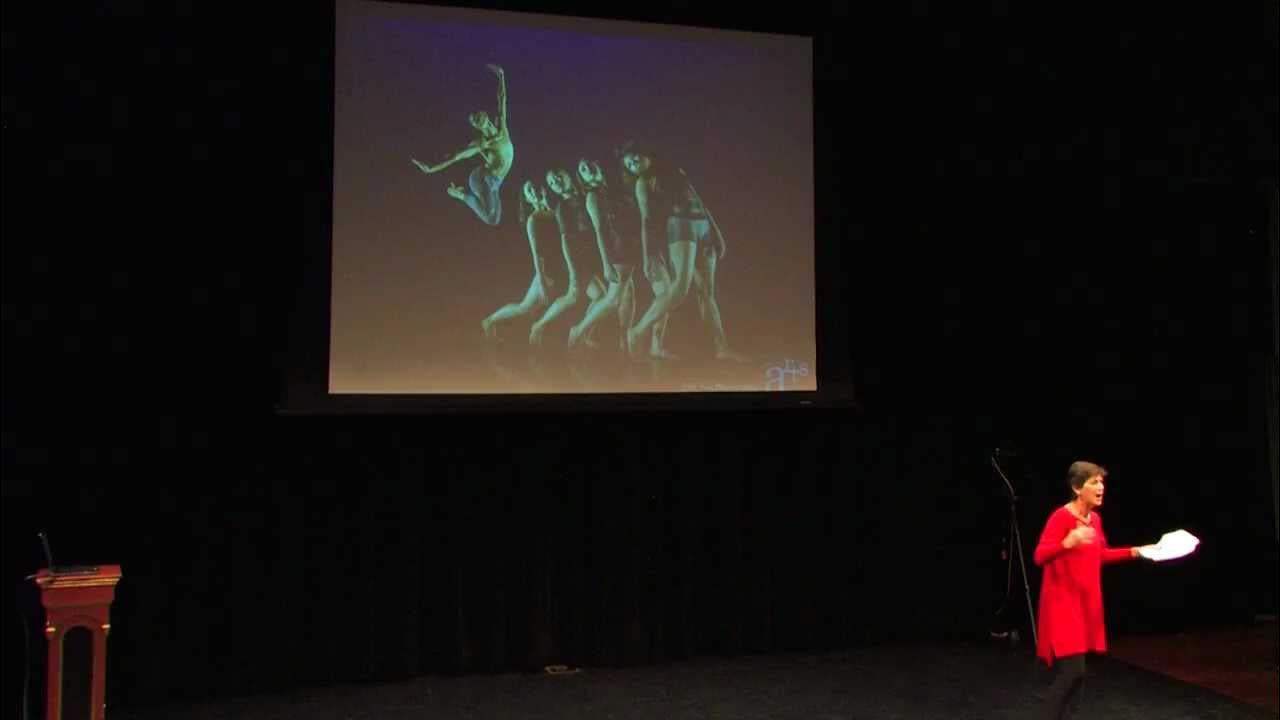Dark Bible Stories That You Never Heard | Joe Rogan & Michelle Dowd
Summary
TLDRThe speaker shares their childhood experience of moving from San Francisco to Florida, where they encountered a starkly different environment and culture, including alligators and religion in public schools. They recount reading the Bible in its entirety at a young age, highlighting the complex and sometimes contradictory nature of its content. The discussion touches on specific biblical stories, such as David and Bathsheba, and Tamar's plight, emphasizing the historical and cultural contexts that are often overlooked. The speaker reflects on the challenges of interpreting these ancient texts and the importance of critically engaging with their messages.
Takeaways
- 😀 The speaker grew up in a hippie, anti-war environment in San Francisco before moving to Gainesville, Florida at age 11.
- 🐊 In Florida, the speaker experienced a stark contrast with alligators, swampy weather, and a more religious community.
- 📚 The speaker attended Bible class in public school and read the entire Bible by the age of 8, noting the mix of beautiful and violent passages.
- 🤔 The speaker highlights the contradictions and complexities in the Bible, often due to its compilation by different authors over time.
- 👑 The story of King David is discussed, including his affair with Bathsheba and the subsequent consequences, which are not commonly taught.
- 👩 The narrative of Tamar is mentioned, illustrating the harsh realities and moral dilemmas present in biblical stories.
- 📖 The speaker emphasizes the importance of understanding the historical context and not taking biblical stories at face value.
- 🤷♀️ The speaker questions the teachings of the Bible, such as condoning slavery and the treatment of women as second-class citizens.
- 📚 The existence of additional biblical texts, like the Apocrypha, is mentioned, which are not part of the standard Bible but offer different perspectives.
- 💭 The speaker concludes by acknowledging the need for a nuanced approach to interpreting religious texts and their messages.
Q & A
What was the speaker's experience moving from San Francisco to Florida?
-The speaker experienced a significant cultural shift, moving from a 'hippie, anti-war' environment in San Francisco to a more religious and conservative setting in Gainesville, Florida.
Why did the speaker's stepdad move to Florida?
-The speaker's stepdad moved to Florida to attend the University of Florida at Gainesville after switching careers from a computer programmer to an architect.
What was unusual about the environment in Florida compared to San Francisco?
-In Florida, the speaker encountered alligators, swampy weather, and a more prominent presence of religion, which was a stark contrast to the environment in San Francisco.
How was religion incorporated into the speaker's school experience in Florida?
-In Florida, the speaker experienced Bible class in public school, which was a new and different experience compared to their previous schooling.
What was the speaker's approach to reading the Bible as a child?
-The speaker read the Bible cover to cover using a pin light at night, trying to understand it in its entirety despite finding parts of it tedious.
What did the speaker find in the Bible that they found beautiful?
-The speaker found many beautiful passages in the Bible but also noted the presence of violence and contradictions within the text.
Why do some parts of the Bible not get taught in religious education?
-Some parts of the Bible are not taught because they are difficult to explain, contain violence, or have historical and cultural contexts that are challenging to interpret.
What is the story of David, Bathsheba, and Uriah as mentioned in the script?
-King David saw Bathsheba bathing, had an affair with her, and when she became pregnant, he tried to cover it up by getting her husband Uriah killed in battle so that the child would seem to be Uriah's. However, God killed the child as punishment.
What is the story of Tamar and her father-in-law as described in the script?
-Tamar was married to two of her father-in-law's sons who both died without giving her a child. Her father-in-law then refused to give her to the third son, so she disguised herself as a prostitute, became pregnant by her father-in-law, and was initially sentenced to death but was later protected when she revealed his staff as proof of their encounter.
What does the speaker suggest about the interpretation of the Bible?
-The speaker suggests that the Bible should be read with a critical eye, acknowledging the historical and cultural contexts, and that not all parts of it may be applicable or justifiable today.
Why does the speaker mention the Apocrypha in relation to the story of a woman before Eve?
-The speaker mentions the Apocrypha because it contains additional books that did not make it into the standard Bible, and it is where some stories, like the one about a woman before Eve, can be found.
Outlines

This section is available to paid users only. Please upgrade to access this part.
Upgrade NowMindmap

This section is available to paid users only. Please upgrade to access this part.
Upgrade NowKeywords

This section is available to paid users only. Please upgrade to access this part.
Upgrade NowHighlights

This section is available to paid users only. Please upgrade to access this part.
Upgrade NowTranscripts

This section is available to paid users only. Please upgrade to access this part.
Upgrade NowBrowse More Related Video

Prisca: Nggak Hafal Pancasila? Mainlah Ke Ende - SUPER

Zaretta Hammond "Culturally Responsive Teaching" at the San Francisco Public Library

AULA 2 - Mini-curso Missão Global

TINGGAL DI AMERIKA | CULTURE SHOCK | PURI VIERA

Culture Shock and The Cultural Adaptation Cycle [What It Is and What to Do About It]

Why Art Matters: Dr. Linda F. Nathan at TEDxTheCalhounSchool
5.0 / 5 (0 votes)